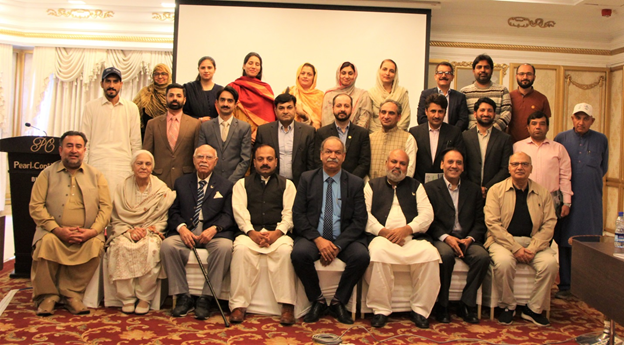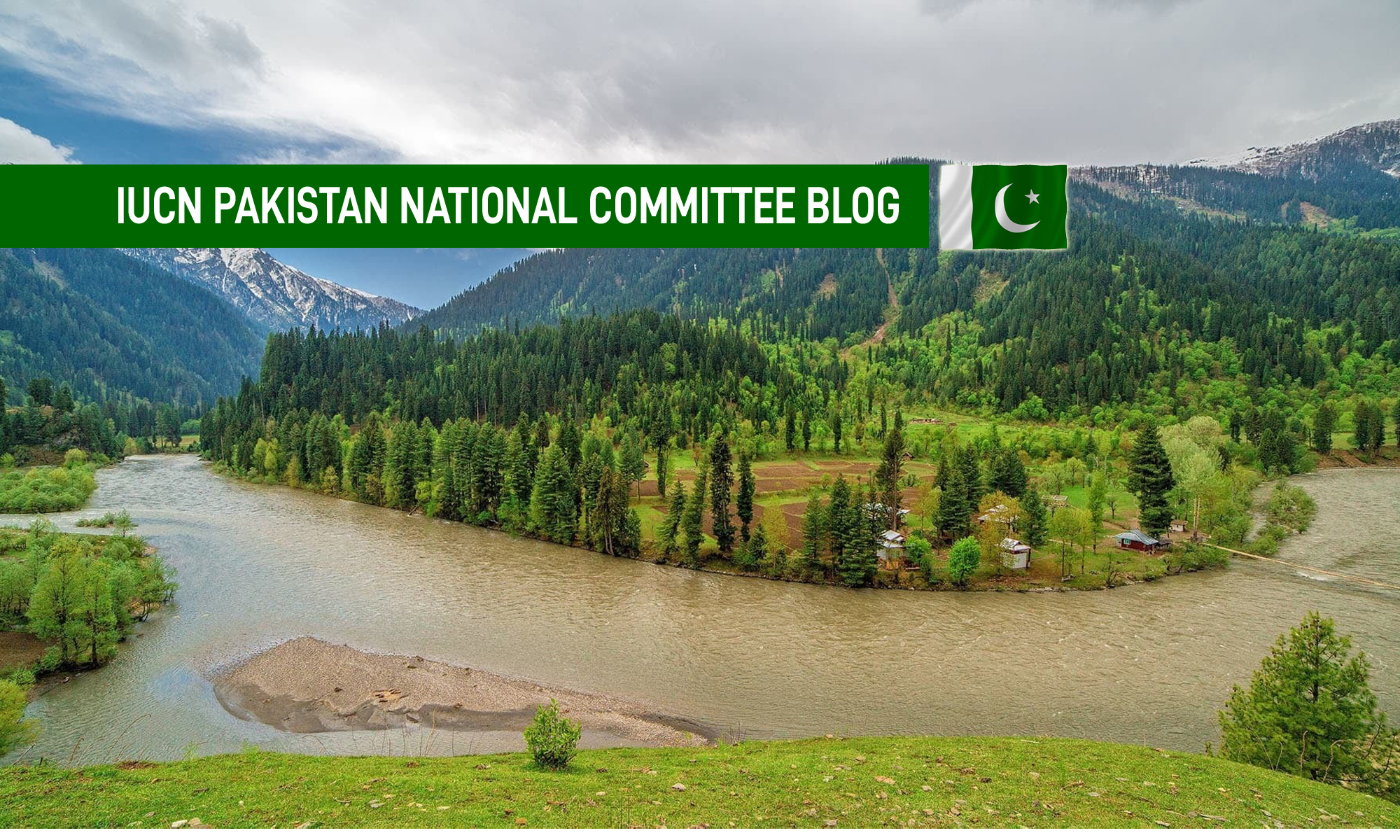A one-day workshop on MKKS National Parks management plan validation was held at the Pearl Continental hotel in Bhurban, Murree, as part of the KAROT, Biodiversity Management Plan Implementation Project.
Mr. Asim Jamal from IUCN Pakistan welcomed the attendees and provided an update on the development of the National Park Management Plan. Dr. Z. B. Mirza presented a critical review of the draught management plan and identified areas for improvement in the management plan.

Mr. Mansoor Khan, Senior Manager Environment KPCL, stated that KPCL provided assistance in developing this management plan, and that the IUCN worked very well. Mr. Naeem Akhtar, General Manager, Environment and Social, CSAIL, complemented the point and praised IUCN’s work, saying that a management plan had been developed in such a short period of time, which was a significant effort.
Malik Sana Ullah Khan, DG Wildlife of the Government of Punjab praised IUCN for organising this validation workshop and pledged his full support for the implementation of the Karot BMP. Wetlands, according to Dr. Sikander Hayat, Director General of Fisheries for the Punjab Government, should be included in this management plan. Mr. Muhammad Zafar Javed, DG Mines and Minerals, Punjab Government, stated that the IUCN has accomplished a significant milestone by developing this plan in such a short period of time. Mr. Saqib Mehmood, Chief Conservator of Forests, Government of Punjab, stated that forest fire management should be included because it is a common occurrence these days, and it should be considered at the national park level, and conservation action should be proposed to address this issue in order to protect wildlife habitat.
Mr. Mahmood Akhtar Cheema, in his concluding remarks, emphasised the importance of strong collaboration between IUCN, Karot Power Company (Private) limited, and government line departments for the successful implementation of the KAROT biodiversity management Plan. He stated that the IUCN has brought renowned international expertise to augment the IUCN Pakistan team in order to improve BMP implementation strategies and turn environmental degradation into opportunities, and that this management plan is one example of this.
Finally, he assured IUCN’s technical assistance in establishing a partnership with a government line department to improve the state of the environment, nature-based solutions, protected areas management, biodiversity conservation, and ecosystem restoration in Pakistan.
The workshop was attended by representatives of the concerned government line departments, academia and private sector.









